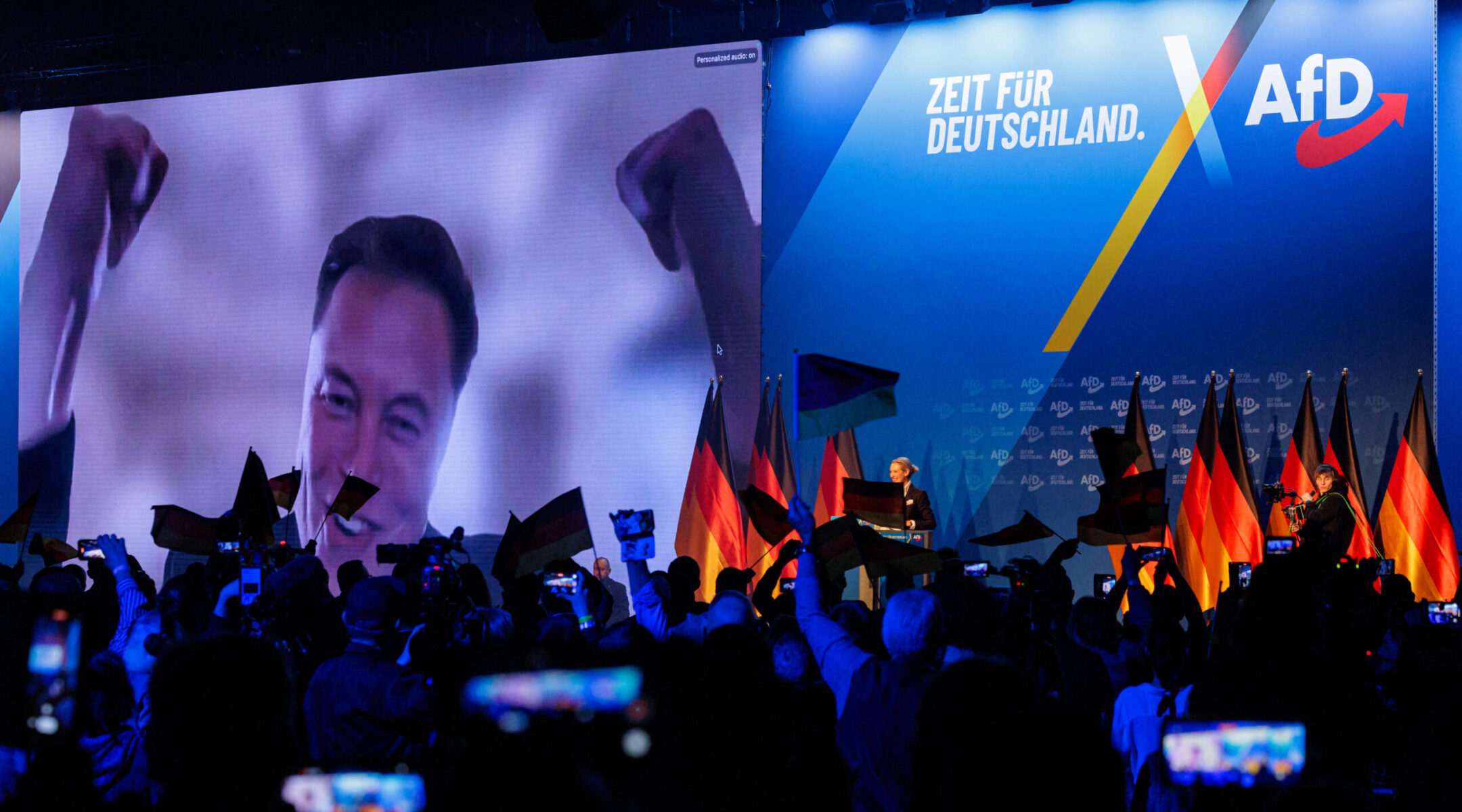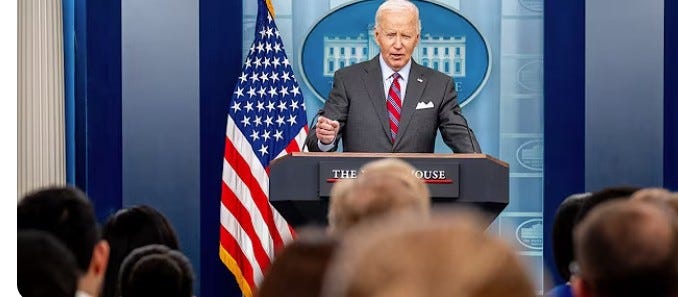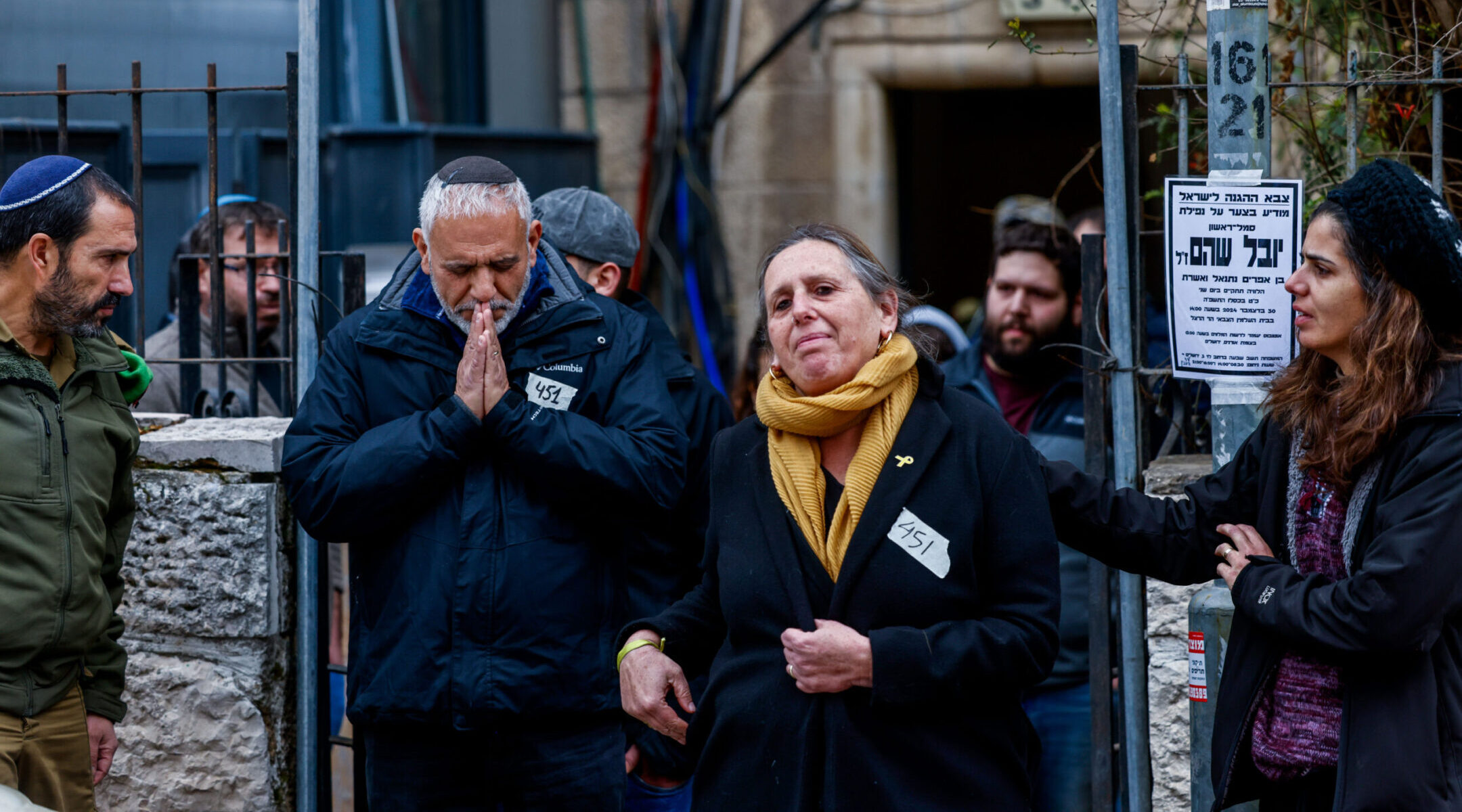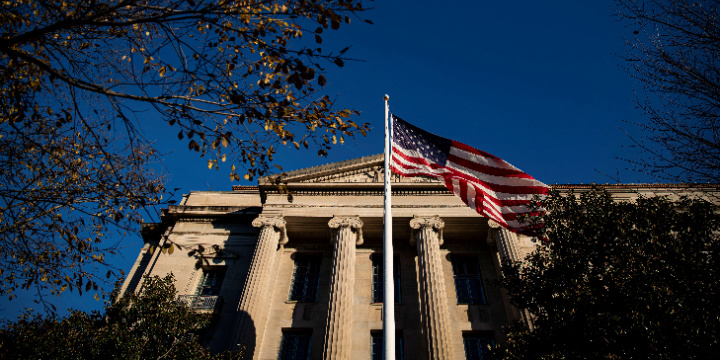It is often said that Jimmy Carter’s post-presidency was his finest achievement. I argue it was how this guy from Plains, Georgia, got to the White House in the first place.
People forget the simple declaration Carter made early in his presidential campaign in 1975, promising the American people he’d never “lie” to them. Decades after his presidency, Carter told me how the American voter reacted to that promise.
“We had lost Bobby Kennedy. Martin Luther King, Jr. was assassinated. We had the Vietnam War. We had been through Watergate,” Carter said to me. “All these things had happened just before I ran. There was a lot of disillusionment. I was a fresh face: peanut farmer from a little town in Plains, Georgia. I think they were looking for something different.”
It took me a while to pick up on what the former one-term governor of Georgia was selling in those early 1976 Democratic primaries. Unlike his fellow Democrats, Carter wasn’t pushing new programs. His agenda was humbler. It was about fixing what was promised before and had turned up broken—regulations that went too far, agencies that outlived their usefulness. It was what separated him from the Democratic liberals.
While other Democratic candidates, such as Senators Walter Mondale, Birch Bayh, Fred Harris, Henry “Scoop” Jackson, and Representative Morris Udall, were bragging about all they would do, the Georgia governor was showing political humility, something the country was deeply hungry for.
Instead of traveling with an entourage and staying at high-priced hotels, Carter asked people if he could stay at their homes. One person who noticed this was Ted Sorensen, the former John F. Kennedy aide. “How can you vote against someone,” he asked, “who has slept on your couch?”
Carter said it was much easier for him to be the maverick running against the Washington liberals, or even Governor George Wallace, in those early days. It’s when he became the Democratic nominee that things got harder.
“For me, the general election was much more difficult. I had been running as a somewhat lonely and independent candidate—a peanut farmer and former governor—who was quite removed from the Washington scene. Now I inherited the leadership mantle of the Democratic Party, including all the negative and burdensome trappings.”
It became more difficult still when he became president. Even then, he tried doing much of the heavy lifting himself.
I had become one of Carter’s presidential speechwriters in 1979. My most vivid memory was walking through the West Wing in the pre-dawn hours with a speech draft I had spent much of the night trying to get right. I can still recall, even now, the aroma of the coffee already brewing. He was still the farmer, the fellow who got up early to do the job and liked it best when he could do the presidential chores by himself.
This is how he had run his campaign and tried to run his presidency. It’s how he described it to me in that last taped interview he gave me in my later years anchoring Hardball. At every stage, before, during and after the presidency, it was always Jimmy Carter driving the stagecoach.
The first thing Carter did in his 1977 inaugural address was offer a personal tribute to the man he had just defeated. “For myself and for our nation,” he said, “I want to thank my predecessor for all he had done to heal our land.”
Next was the decision to walk down Pennsylvania Avenue on inauguration day. Carter said he got the idea from Senator William Proxmire, whom he described to me as a “physical fitness buff.”
“I told the Secret Service what I was gonna do,” Carter told me with evident pride looking back. “I didn’t ask their permission.” He kept the inaugural walk secret right up ‘til he and Rosalyn had opened the door on the presidential limousine: “I think it broke the ice. It showed that I trusted the American people, that I thought it was time for animosity and hatred in our country’s politics to be over.”
On his first day as president, Carter took the historic step of pardoning all those who had gone to Canada to avoid the draft: “I just thought it was time to get that bad episode in America’s history out of the way and not have to fight about it again.” He didn’t want to kick Watergate, Gerald Ford’s pardon of Richard Nixon, and the Vietnam War itself down the road one more time.
Then, of course, the 39th American president went for broke. “Nobody ever asked me, for instance, to try to bring peace between Israel and Egypt,” he said of the historic 1978 Camp David meetings. “I decided to take on the task which nobody asked me to do, of bringing peace between Israel and Egypt, and I was ultimately successful.” Those three men—Menachem Begin, Anwar Sadat, and Carter—met the test of time. Before those thirteen days at Camp David, there were four wars led by Egypt against Israel—1948, 1956, 1967, and 1973. Since then, they have upheld that peace treaty forged at Camp David in the fall of 1978.
As for the Panama Canal Treaty, ratified in 1978, getting it approved by two-thirds of the U.S. Senate, Carter argued, was to him “more difficult than getting elected president.” It, too, has endured despite Donald Trump’s rumblings. Holding onto the U.S-built canal could have invited years of Central American terrorism.
It was yet another case in which Carter avoided future problems. From his surprising 1976 victory to each footstep down Pennsylvania Avenue to the initial act of granting pardons to Vietnam War evaders, to the Camp David Accords, through the Panama Canal Treaty, to this emphasis on human rights with Russia, it was always the farmer from Plains, always accompanied by wife Rosalynn, driving the stagecoach.
And it was Carter, too, who the American people denied a second term when 52 Americans were taken prisoner when Iranian students overran our embassy in Tehran in 1979.
I remember when the Shah of Iran visited the Carters in Washington in November 1977. Like the president, the Iranian ruler, and their wives, I smelled the tear gas used to subdue the student protesters that day. The angry students, who had come to the U.S. to escape the Pahlavi tyranny, would not keep their outrage overseas.
I was at the White House in November 1980 when President Carter told his country the hard truth. “I wish I could tell you when the hostages will be released,” he said country that grim Sunday afternoon. “I can’t.”
The man from what he called the “dingy little town of Plains” had done a lot as president but not enough.
“When the hostages were taken, obviously, it was a major crisis for me and for every American as well,” Carter said. “And I was to blame for it because it was up to the president to keep us from having hostages taken, and so it lasted 444 days. I remember very clearly, and there was nothing I could do about it.”
That was on Monday evening, the day before the 1980 presidential election.
In a way, he had set the terms himself. “If you kill a hostage, I will attack you militarily.” The Ayatollah had held to that deal, so had Jimmy Carter.
To Carter, it was always about the hostages coming home, not about what was seen worldwide as a national humiliation. “I felt that if we did attack Iran, even if we bombed a distant place away from the capital, the hostages would immediately been killed.”
To him, it was always and entirely about getting the hostages home, not the pride of representing the world’s most powerful country.
Was Carter, in fact, a pacifist?
“Almost every one of my advisors had suggested that we should attack Iran militarily, but I didn’t want to go to war.”
Another president—Ronald Reagan?—might have. Clearly, not Jimmy Carter.
I was on Air Force One the Monday before the election when Walter Cronkite opened the CBS Evening News with the first anniversary of the hostage-taking as the first item on the news. The presidential election was the second.
The next evening brought the country’s verdict. Carter wanted the 52 hostages returned, and that was not going to happen despite all the humiliation and anger. And Jimmy Carter was not going to start a war over it. Another president might have. He couldn’t.
“That’s one of the things that I bring up in my bible class every now and then. We worship a prince of peace, not war. “Living at peace,” he insisted, “is a basic human right.”
“I enjoyed being president. It was a great experience for me, and I am very satisfied with what we did. I wanted a second term, but that was not in the cards.”
“There are some things that I wanted to do as president. I wanted to keep our country at peace. I wanted to promote human rights. I wanted to make an orderly business out of our government. I wanted to bring peace to Israel and Egypt.
“So, there were things I wanted to do.”
“And you did those things,” I said.
“Yeah!”











